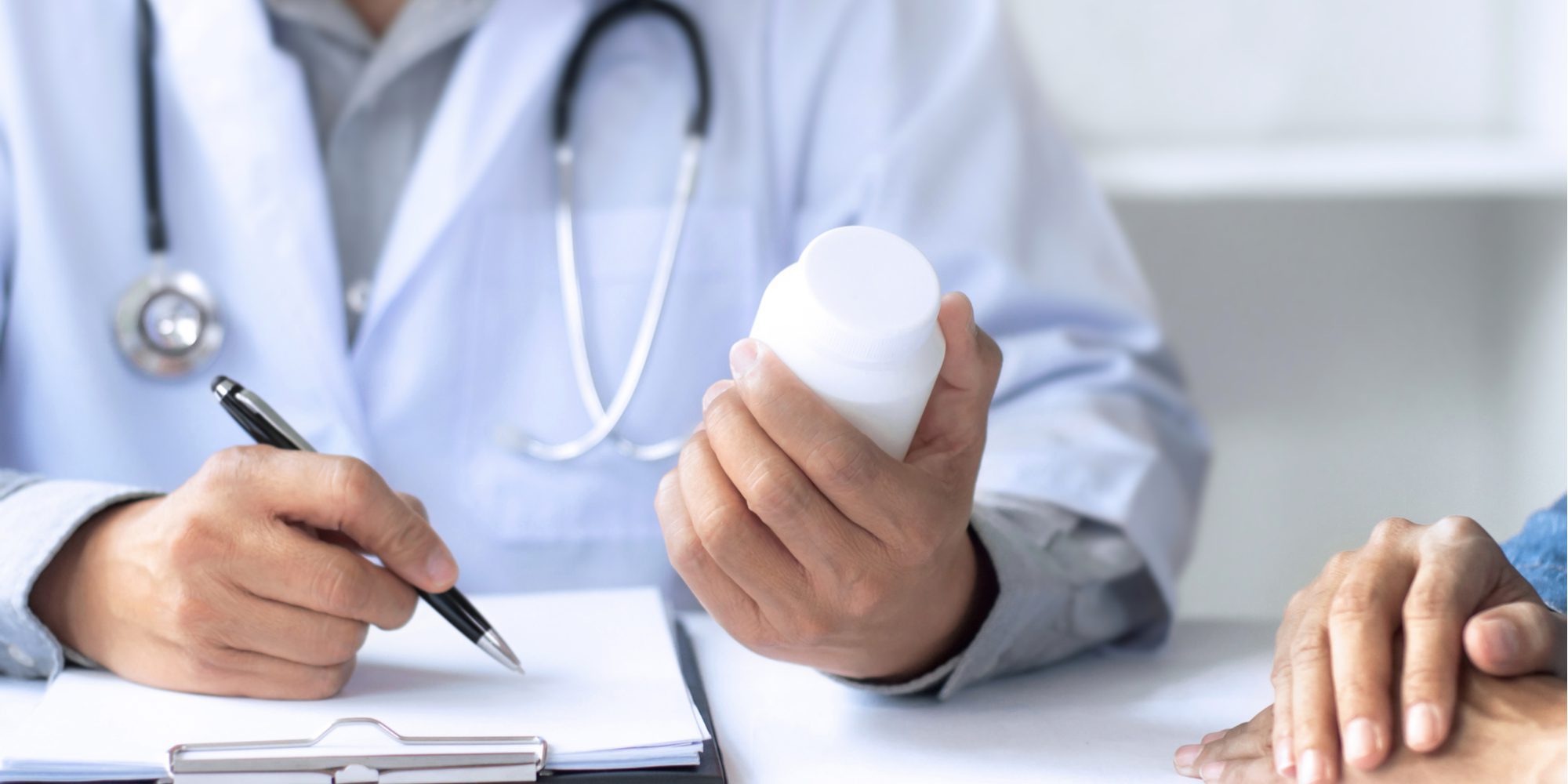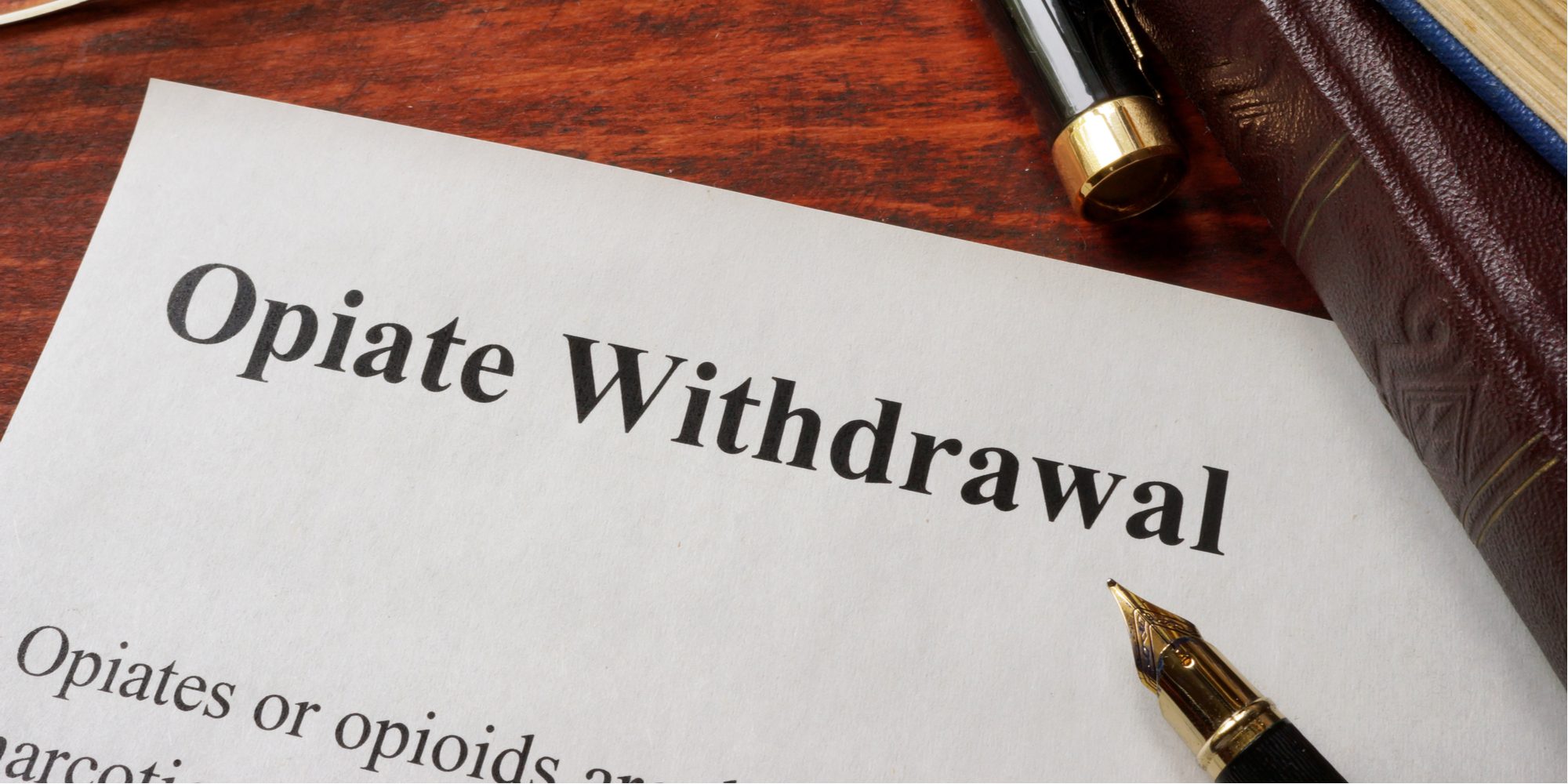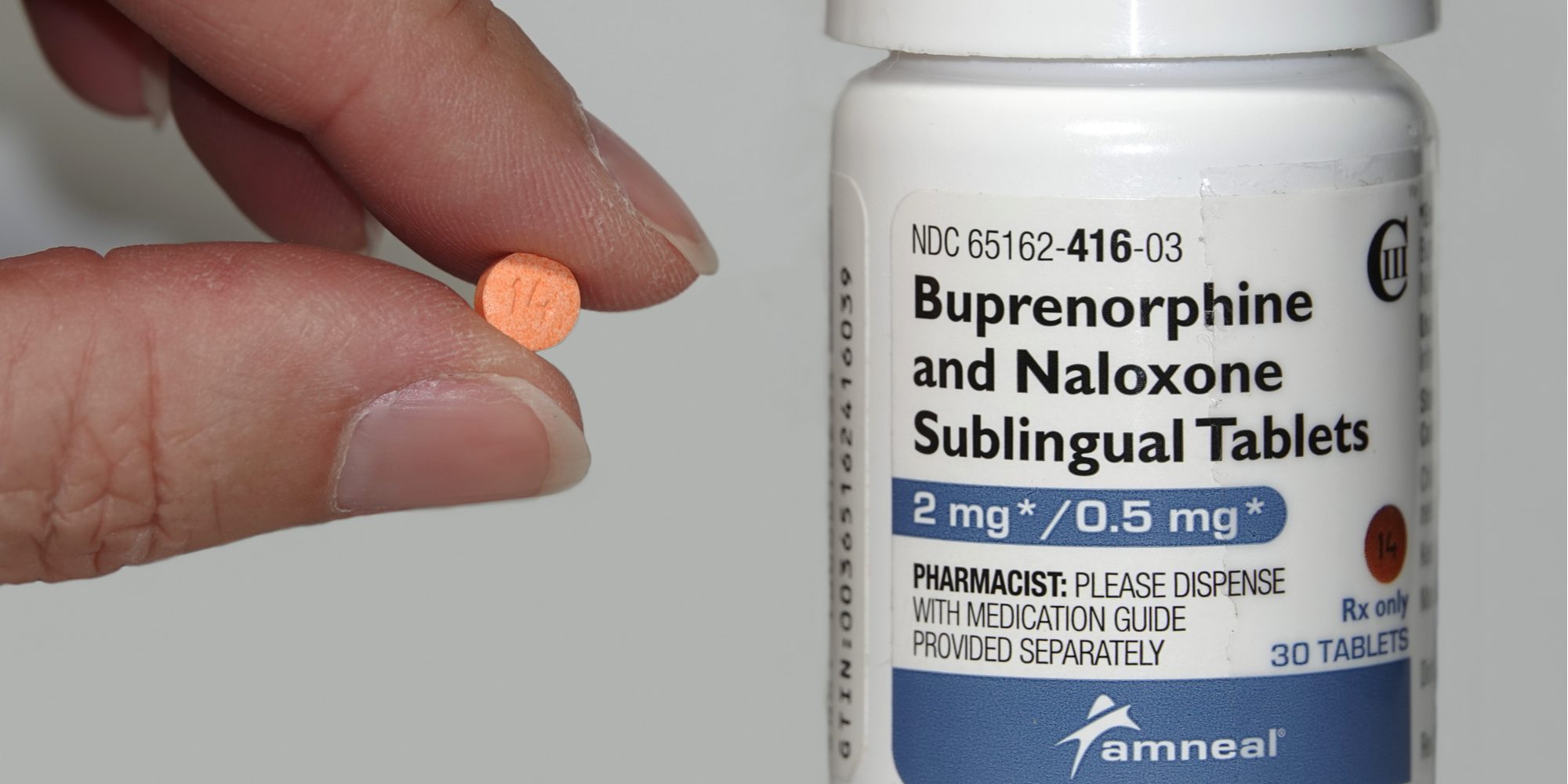Medication-assisted treatment (MAT) is a type of drug addiction treatment that helps fight against opioid addiction. One of these medications that opioid dependent patients take as part of MAT is called Suboxone.
In this article, we will break down everything you need to know about Suboxone and illustrate some of the ways that this medication can help you on your path toward recovery.
What Is Medication-Assisted Treatment?

Opioid addiction is an epidemic in the United States, and one of the hardest addictions to battle. This is partially because doctors often prescribe opioids for patients who are struggling with chronic pain or recovering from an injury or surgery.
But opioids are habit-forming, meaning that once patients start taking them, it becomes challenging to stop. This is especially true in patients who have certain co-occurring mental health conditions alongside a substance abuse disorder.
It’s not just prescribed opioids that people abuse, either. Heroine is also a highly addictive, life-threatening opioid.
With the opioid crisis in full swing, the United States has had to figure out creative solutions for addiction recovery. This leads us to medication-assisted treatment (MAT).
Take your first step towards recovery.
According to the Substance Abuse and Mental Health Services Administration, the FDA approved medication-assisted treatment to fight opioid addiction back in 2002. And since then, MAT has delivered promising results.
MAT uses different medications that have the active ingredient buprenorphine. Suboxone film, for example, is a combination of buprenorphine and naloxone.
This type of medication is a partial opioid agonist, and there are key characteristics to what a partial opioid agonist can do.
First, it’s important to note that buprenorphine is still considered an opioid—at least partially. However, what makes it useful in medication-assisted treatment is that it helps patients who are physically dependent on opioids to slowly and healthily ween off of opioid use entirely. Because buprenorphine is a partial opioid agonist, it only partially stimulates the opioid receptors in the brain. This means that it satisfies your brain’s craving for opioids without creating a high. This can help remove the psychological aspect to opioid addiction and give you the means to slowly remove the physical addiction as well.
Basically, if you take Suboxone in your opioid treatment program, it means you don’t have to quit “cold turkey.” Instead, you decrease your body’s dependence to opioids by taking a partial opioid agonist.
This type of therapy might seem unusual. You might be thinking, “How am I supposed to recover from opioid addiction if I’m using medications that activate my brain’s opioid receptors?”
Interestingly, research shows that taking Suboxone can actually be extremely effective in helping opioid dependent patients toward a successful, long-term recovery. While there’s a common misconception that MAT “trades one drug for another,” there is a world of difference between taking Suboxone and abusing opioids. Not only does Suboxone not create a high at prescribed dosages, but it gives you the means to regain control of your life.
Suboxone: What Are the Pros and Cons?
Suboxone is specifically meant to help patients fight an opiate addiction. Recovery programs most commonly prescribe Suboxone film because it is easier to take as a dissolvable medicine.
As with any medication, there are some risks. Suboxone has the possibility of causing:
- Breathing problems
- Allergic reaction
- Dizziness
- Drowsiness
- Physical dependence (when abused)
Since Suboxone is combination of buprenorphine and naloxone and is a partial opioid agonist, there is always a chance that patients using Suboxone for addiction treatment could end up physically dependent on this medication.
However, when patients use Suboxone as prescribed and with medical supervision in a recovery program, the benefits often outweigh the risks.
Here are some of the pros of taking Suboxone:
- It is proven to help decrease drug cravings during detox.
- It helps patients become less physically dependent to opioids.
- It reduces the chance of uncomfortable or life-threatening withdrawal symptoms.
There are a lot of benefits to taking Suboxone, but this medication should always be used in a supervised setting. Additionally, patients who take Suboxone for medication-assisted treatment should also participate in a recovery program that offers emotional and behavioral treatment as well to ensure a successful, healthy recovery.
Can Suboxone Film Protect You from Withdrawal Syndrome?

One of the biggest benefits to using Suboxone in medication-assisted treatment is that it helps to reduce severe withdrawal symptoms and the chance of developing withdrawal syndrome, which can be life-threatening.
Many patients expect to experience uncomfortable withdrawal symptoms during detox from opioid drugs. These symptoms might include:
- Nausea
- Body aches
- Anxiety
- Changes in sleep patterns
But withdrawal syndrome is a life-threatening condition that can happen in patients who have a severe physical dependence to opioids. While withdrawal symptoms are part of withdrawal syndrome, this condition often causes much more severe symptomatic presentation.
Withdrawal syndrome symptoms include:
- Uncontrollable vomiting or diarrhea
- Delusions
- Suicidal ideation
- Sweating and shaking
- Increased heart rate
- Breathing problems
- Death
The severity of these symptoms prove that opioid addiction is not just an emotional or behavioral issue—it’s also an issue of physical dependence. Suboxone film helps you to fight the physical dependence so that you can concentrate on emotional and behavioral recovery.
Your addiction treatment program should be able to closely monitor you and guide you through medication-assisted treatment. Trained health care professionals will make sure that you are responding appropriately to this treatment during your detox process.
While detox and recovery are incredibly challenging obstacles, know that you can still safely fight your substance abuse struggles with professional help.
This is also why combining medication-assisted treatment alongside therapy is so important. You cannot just treat the physical dependence, and you cannot just treat the mental health aspect to opiate addiction either. Both approaches are necessary for you to achieve a full recovery.
How Can You Treat Physical Dependence and Mental Health Conditions?
The safest way for opioid-dependent patients to work toward recovery starts with medically supervised detox, as mentioned above. Medication-assisted treatment, Suboxone, and supervised detox are all important factors in keeping patients like you healthy and comfortable as you transition into the more emotional or behavioral therapies.
Receiving mental health care is essential to ensure long-term results in your recovery process. Your recovery program should work to treat you systemically: body, mind, and soul.
So, in addition to detox and medication-assisted therapy, your substance abuse recovery program should offer the following services:
- Group counseling
- Individual therapy sessions
- Relapse prevention
- Nutrition education
- Family counseling
- Recreational therapy
- Spiritual approaches to addiction treatment
- And alumni support for continued care after your time in the program.
The expertly trained staff members at your treatment facility should also be able to guide you toward the program that’s right for you specific needs—whether that’s crisis care services or a dual diagnosis program for co-occurring mental health conditions or another unique treatment designed just for you.
Where Can You Get Suboxone Treatment in the United States?
Choosing the right recovery program for you is an important decision. If you are struggling with opiate addiction, you might need the added help of medication-assisted treatment.
We are proud to offer the safest detox and addiction treatment options here at The Blackberry Center in sunny St. Cloud, Florida. This includes medication-assisted treatment to keep you safe and healthy as you work toward a whole-body recovery.
Let us address any further questions or concerns you might have about addiction treatment. You can start by filling out our confidential online form or giving our admissions department a call at (813) 908-4199. We’re here to make your recovery easier, more comfortable, and long-lasting.

